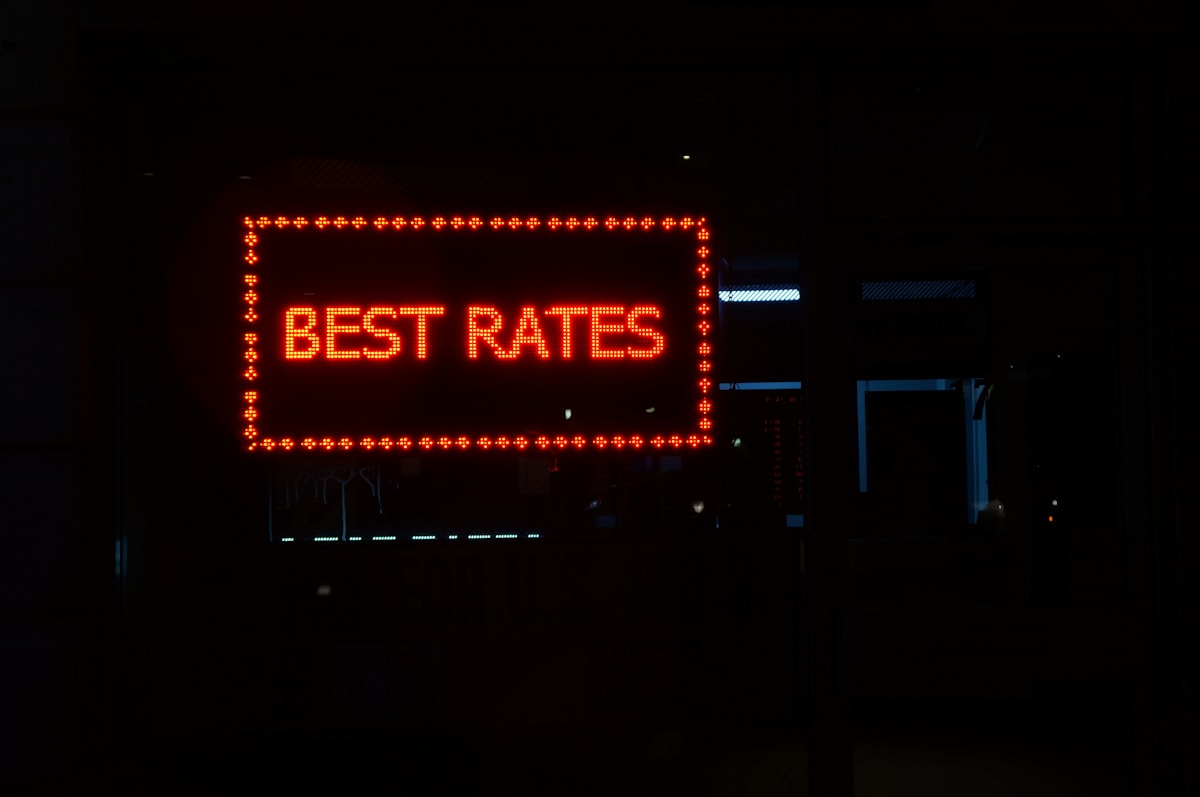Back to Industry News
General
Reuters: Wall Street Dips Amid Rate Cut Uncertainty After Strong Data
Summary generated with AI, editor-reviewed
Heartspace News Desk
•Source: Reuters, Reuters

Photo by Jon Cellier on Unsplash
Stay updated on stories like this
Key takeaways
- stocks closed lower on Thursday, with the Dow, S&P 500, and Nasdaq each declining approximately 0
- 5%, according to Reuters
- Stronger-than-expected economic data fueled uncertainty regarding potential Federal Reserve interest rate cuts, contributing to the market downturn
U.S. stocks closed lower on Thursday, with the Dow, S&P 500, and Nasdaq each declining approximately 0.5%, according to Reuters. Stronger-than-expected economic data fueled uncertainty regarding potential Federal Reserve interest rate cuts, contributing to the market downturn.
Specifically, data revealed initial jobless claims fell to 218,000 for the week ending September 20, and the U.S. economy expanded at a faster pace than initially projected in the second quarter, driven by robust consumer and business spending. This news complicated investor expectations following the U.S. central bank's recent rate cut, its first since December, citing labor market weaknesses. Chicago Fed President Austan Goolsbee expressed concerns about the risks of cutting rates too aggressively, given inflationary pressures. Consequently, investor expectations for another rate cut in October decreased from approximately 92% to 83.4%, as indicated by the CME FedWatch Tool. Peter Tuz, president of Chase Investment Counsel, described the recent data as "confusing," suggesting it "calls into question" the necessity for further rate cuts this year. Market participants are now awaiting the release of the Personal Consumption Expenditures (PCE) price index.
This decline occurred despite a strong market rally. The S&P 500 has achieved 25 record closing highs in the past three months and is on track for its third consecutive year of double-digit gains. The index has risen approximately 13% in 2025 and has not experienced a pullback of 3% or more in five months, its longest such streak since 2018.
However, investors are cautioning that this rally could be vulnerable to risks such as persistent inflation, potential earnings disappointments, and elevated valuations. Anthony Saglimbene, chief market strategist at Ameriprise Financial, expressed concern about the "straight upward momentum," suggesting that the market is positioned at levels where an "unexpected hiccup could cause a near-term dislocation."
Related Topics
stock marketinterest ratesFederal Reserveeconomic datainflation
Never miss stories like this